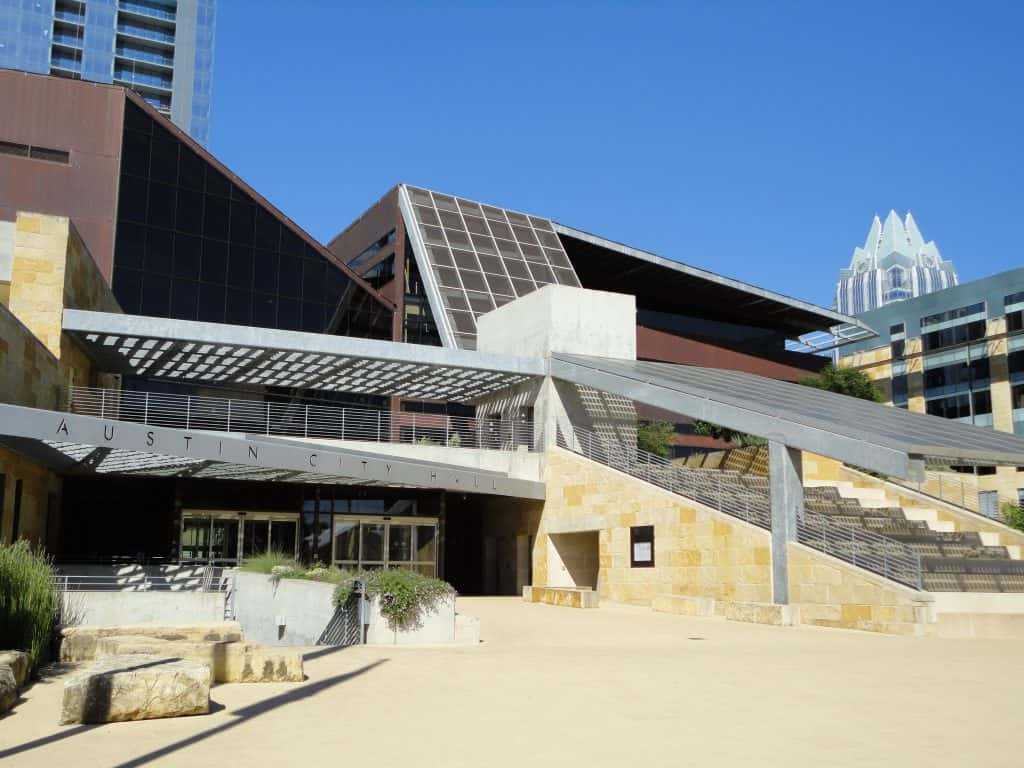Austin City Manager Spencer Cronk on Friday released the proposed budget for Fiscal Year 2022-2023 showing plans for the City of Austin to increase its expenditures next year up to $5 billion.
Cronk has proposed an across-the-board pay increase of 4% for civilian staff – the largest increase in more than two decades for librarians, rec center staff, utility line workers, waste collection and road repair crews, community health professionals and many more. Under Cronk’s proposal, the City’s minimum wage would rise by 20%, from $15 to $18 per hour, with a longer-term goal to go higher.
Cronk also announced that all employees who have been with the City for at least a year – including temporary and sworn public safety staff – will receive a one-time retention stipend of up to $1,500 in their pay packets next month. Annual pay for public safety employees will continue to be determined via negotiations with unions.
“In the wake of the pandemic, just like so many other organizations, our City government today faces a mission-critical challenge when it comes to maintaining our workforce and sustaining the high quality of services our residents have come to expect,” said Cronk.
“The simple truth of the matter is that we do not currently have the staff that we need to deliver the services that we must. For that reason, and others, the core feature of our budget proposal is a renewed emphasis on ensuring that, as we move into the future, we are in a position to recruit and retain the people we need to do the job that our community expects of us.”
Cronk added: “The success or failure of literally everything we aim to do as City government relies entirely on the people who work here and so, to invest in the success of our community, we must invest in the success of our employees.”
Proposed Budget – Snapshot
Proposed Budget – Taxpayer Impact Assessment
Proposed Budget – Addressing Climate Change
Proposed Budget – Full Document
Proposed Budget – City Manager’s Message
The proposed budget provides:
- $73 million in planned capital spending to build and repair city sidewalks
- $3.4 million and 17 new jobs to improve disaster response and community preparedness
- Increased City minimum wage and pay raises to address staffing shortages and sustain services
- $27 million for cultural arts, historic preservation and live music, funded by Hotel Occupancy Taxes
- $4.8 million to clean up homeless encampments in public spaces and near waterways
- 55 new jobs to improve customer service efforts at AUS airport
- $79 million investment in affordable housing to meet goals set by the Austin Strategic Housing Blueprint
- $1 million towards a Trauma Recovery Center to support victims of violent crime
- $3.6 million for wildfire prevention and education
- One-time funding of $5 million for emergency rental assistance to prevent homelessness as rents rise
- A $2.5 million investment in the Iconic Venue Fund, to help secure places of cultural significance.
Impact on Taxpayers
The proposed property tax rate, of 45.19 cents per $100 of taxable value, is 3.5% above the projected ‘no-new-revenue operations and maintenance tax rate’, which is the measure used by the state to determine compliance with its revenue cap. At the same time, some of the City’s rates and fees, including for electricity, trash service, and the transportation user fee, are proposed to rise in response to escalating operations costs, as well as increasing service demands from a growing population.
When changes to property taxes, rates and fees are combined, a typical Austin tax- and ratepayer would see a year-over-year increase of 2.7% – equivalent to an additional $10.07 per month, or just over $120 per year.





